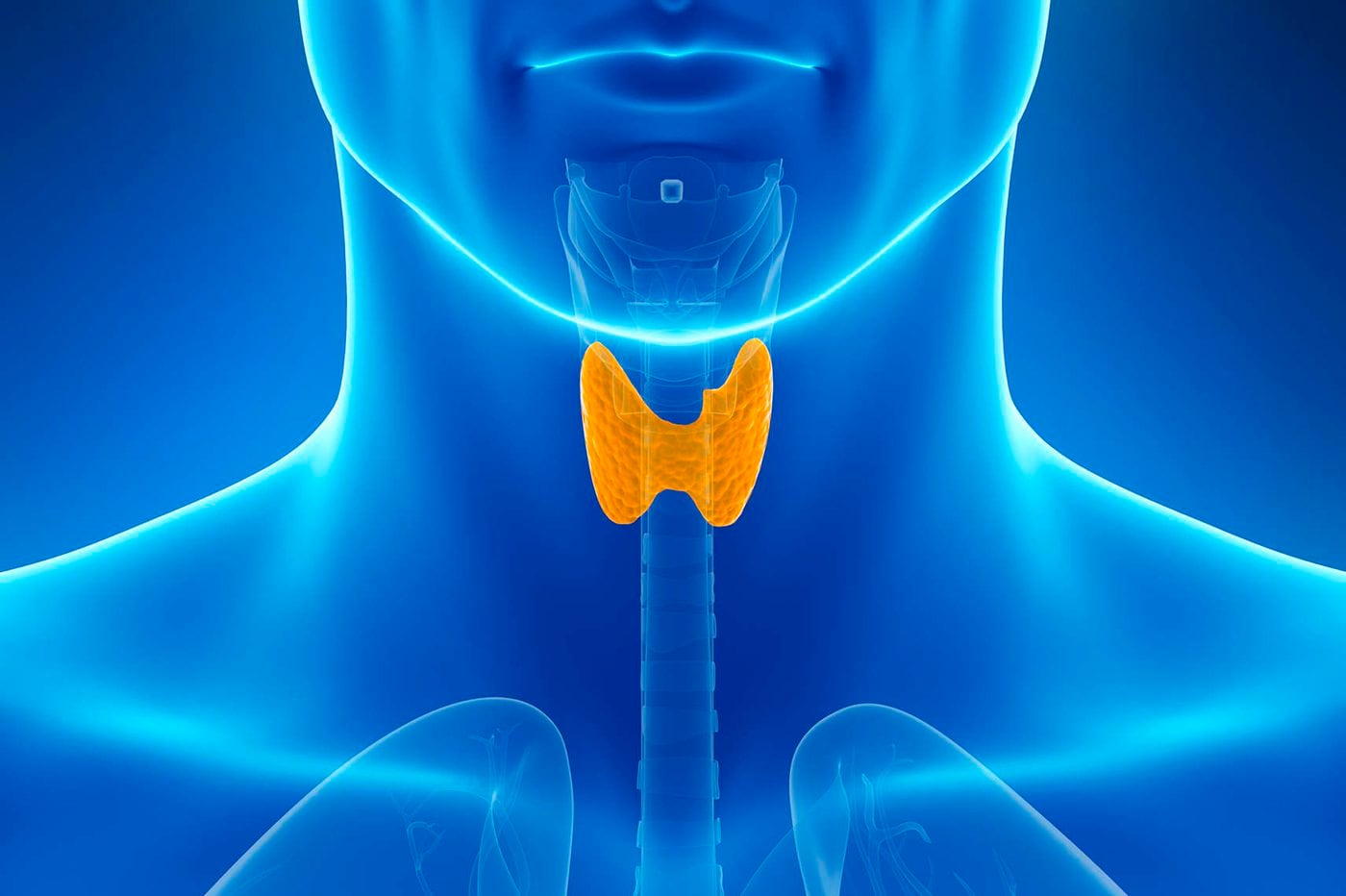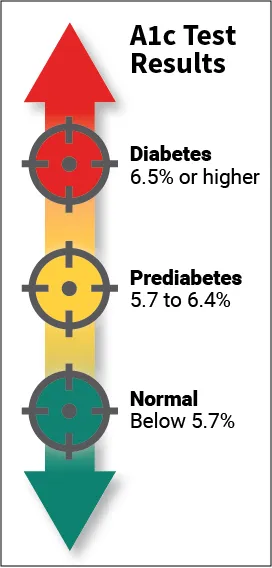I am a 43-year-old female and I want to be tested for diabetes. What tests diagnose diabetes?
The diagnosis of diabetes mellitus is made by a blood (serum) glucose test. For non-pregnant adults a blood glucose level above 126 mg/dL before eating in the morning is considered diagnostic of diabetes mellitus. A blood glucose level over 200 mg/dL at any time will also make the diagnosis. Keep in mind that certain medications, stressful experiences such as acute illness or surgery may elevate the blood glucose levels. Persons with diabetes will frequently be complaining of thirst causing them to drink plenty of fluids and to urinate frequently, even interrupting their sleep.
The distinction between prediabetes and diabetes is best made when the person is afebrile , not menstruating and preferably tested in the morning. A glucose challenge test using a sweet beverage with 75 g of glucose is sometimes ordered to confirm the diagnosis with blood drawn before the drink and 2 hrs after consuming it.
Alternatively, some physicians rely on a hemoglobin A1c (HbA1c) test, which reflects a blood glucose average of the previous 3 months. A result greater than 6.5 % is considered diagnostic for diabetes. I prefer to confirm HbA1c results with blood glucose testing, as described, since the diagnosis of diabetes mellitus has very serious implications for both the patient and their health record.














